Most Recent
Week 5
SMALL GROUP QUESTIONS:
1. If you had to choose one: would you rather wash dishes for a week or clean bathrooms for a week — and why?
2. In John 13, Jesus knew His authority, identity, and destiny before picking up a towel. Why do you think security in who we are makes humility possible?
3. In Luke 7, what stands out to you most about the woman’s actions — her tears, her hair, the perfume, her boldness? Why?
4. Simon observed and evaluated. The woman responded and worshiped. Where do you tend to land more naturally — analyzing or acting?
5. Jesus said, “Whoever has been forgiven little loves little.” How does remembering your own forgiveness affect the way you serve others?
6. Have you ever found yourself serving out of obligation instead of gratitude? What did that feel like?
7. The woman’s passionate service was misunderstood. Have you ever been misunderstood for serving or caring deeply? How did you respond?
8. The sermon said humility comes from confidence that doesn’t need applause. What recognition or approval is hardest for you to release?
9. Where might God be inviting you to “pick up a towel” right now — at home, at church, at work, or in your community?
10. What is one specific act of service you will commit to this week, and how will you make sure you follow through?
